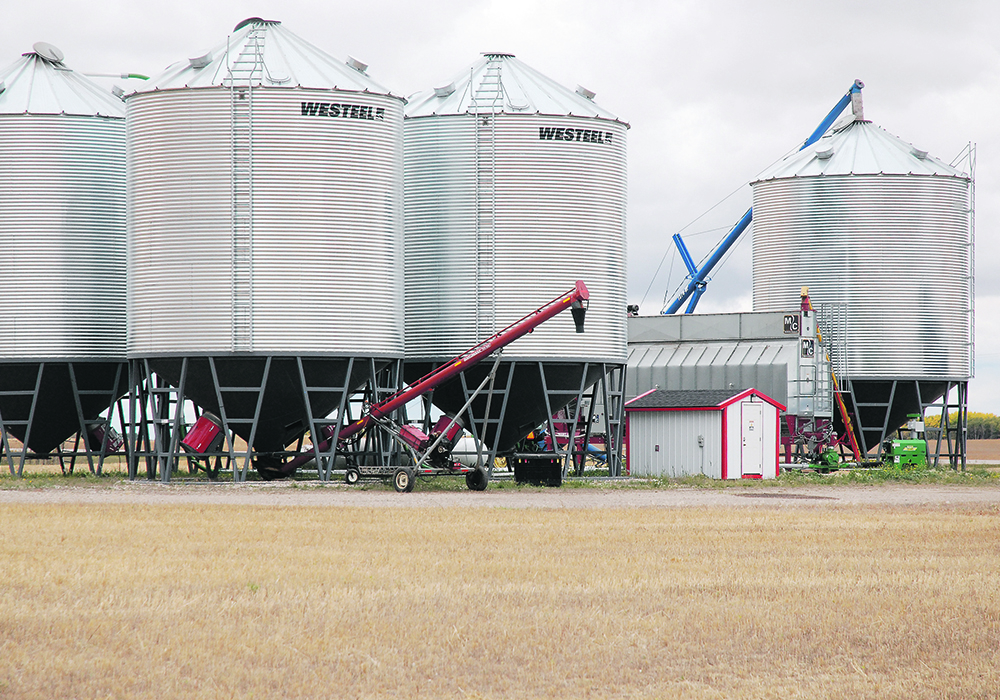Bill C-234 is off to the Senate.
The private member’s bill sponsored by Ontario Conservative MP Ben Lobb passed third reading in the House of Commons March 29 by a vote of 176-145.
Agriculture minister Marie-Claude Bibeau voted against the measure, while other Liberals, the Conservatives, Bloc Quebecois and New Democrats all supported it.
The bill would exempt natural gas and propane use on farms from the federal price on pollution in provinces where the carbon price is levied.
The Agriculture Carbon Alliance, which represents 15 national organizations across the sector, urged the Senate to support the bill and ensure it becomes law quickly.
Read Also

Environmental farm group has Ottawa’s attention
In 2021, Farmers for Climate Solutions published a report on how Canada should reduce emissions from agriculture. Not long after, the federal government implemented most of the recommendations in the report.
“This legislation will provide farmers with the resources to invest in innovative and sustainable on-farm practices, while ensuring the stability of our food supply,” said ACA co-chair Dave Carey. “With Bill C-234 advancing to the Senate, we urge swift and decisive action to help our farmers thrive.”
If passed, the bill would exempt the fuels from the Greenhouse Gas Pollution Pricing Act when used for grain drying, irrigation, barn heating and cooling, steam flaking and greenhouses.
Co-chair Scott Ross said the exemption would “unleash the full potential of our farmers, growers and ranchers, enabling them to make investments that help secure a sustainable future for all.”
The issue arose after the extremely wet fall of 2019 when on-farm grain drying costs soared and the carbon price along with it. A bill introduced before the 2021 federal election also received support but didn’t get through the Senate before the election call.
Grain Farmers of Ontario applauded the bill’s passage, saying an essential practice should be exempt.
But others in the same province are less enthused.
The Ontario Agri Business Association said its members dry 50 to 60 percent of their corn in commercial elevators, not on farm.
“As Bill C-234 is currently stated, corn dried in commercial elevators is not eligible for the proposed carbon tax exemption,” said executive director Russel Hurst in an email.
He said the exemption will cause approximately a $14-per-acre discrepancy between farmers who dry on their farms and those who use commercial facilities. That rises to $18 per acre with the April 1 increase in the carbon tax from $50 to $65 per tonne.
Hurst said the organization would contact senators to make sure they are aware of the effect the legislation would have.
“As a sector we cannot have government policy that results in winners and losers within the marketplace for undertaking a necessary grain management process where there are no realistic large-scale alternatives,” Hurst said.
















